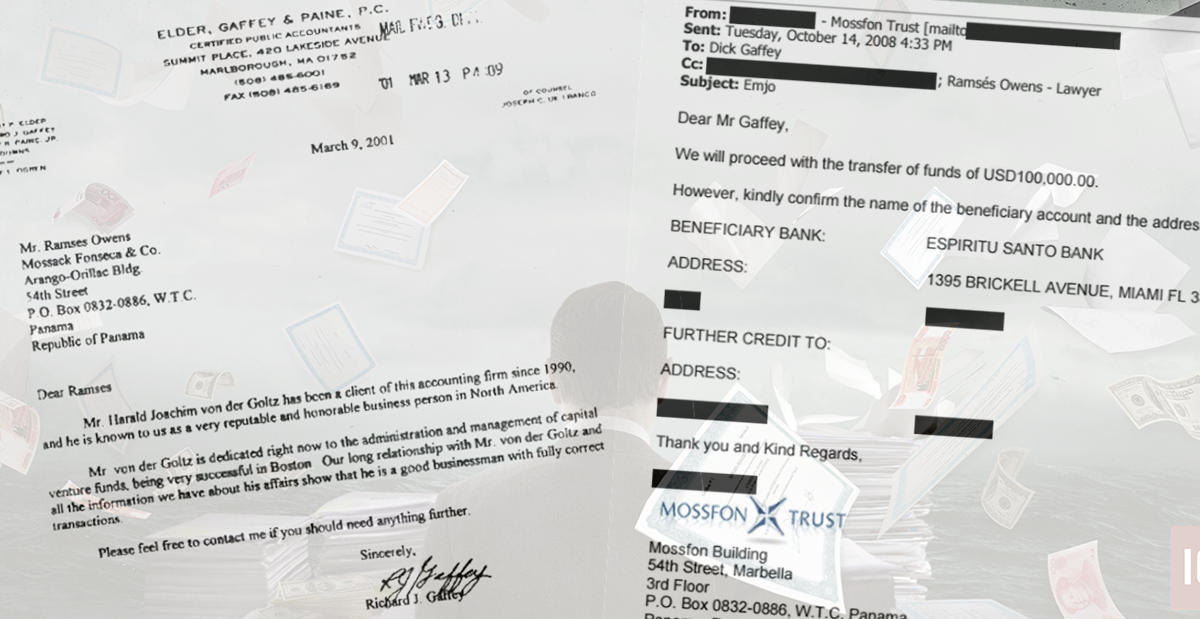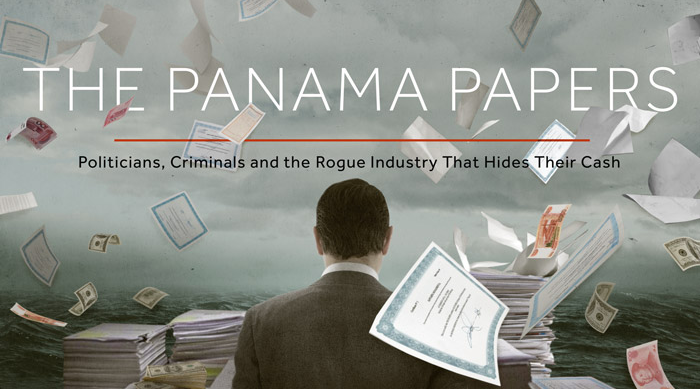In a landmark final ruling, Finland’s Supreme Administrative Court has vindicated the refusal of public broadcaster Yle and its journalists to hand over documents contained in the Panama Papers to the country’s tax authorities.
Following the publication of the Panama Papers in 2016, the authorities had ordered Yle to surrender materials in its possession, threatening to issue warrants to seize the data from the broadcaster’s headquarters and homes of the journalists involved.
Yle argued that if forced to surrender documents it would be impossible for media to protect their sources because digital clues may make it possible to identify them, particularly in cases of large data leaks such as the Panama Papers.
In 2017, a lower court ruled in Yle’s favor on the basis that if authorities forced media organizations to hand over documents against their will, it could compromise sources and discourage leaks of sensitive materials that were in the public interest.
On March 27, the highest court in the Finnish administrative court system upheld the lower court’s decision, saying that the demands for documentation by tax officials were not specific enough. There is no right to appeal.
Welcoming the definitive ruling on the matter, Yle said in a statement that it was important not only for the organization itself but for press freedom in Finland and democratic values in general.
“From the beginning, we have consistently defended freedom of expression which, together with the protection of sources, is the core of our entire Western democracy,” the broadcaster said.
“It is a central principle not only for journalism but also of freedom of expression and democracy.”
Yle was among more than 100 media partners in close to 80 countries to collaborate with the International Consortium of Investigative Journalists to sift through 11.5 million leaked files from the since-defunct Panamanian law firm, Mossack Fonseca.
Two Yle journalists, Kjell Lindroos and Minna Knus-Galán, reported that Finnish individuals and companies featured among the labyrinth of offshore holdings in various tax havens around the world.
They found that several Finnish lawyers and business executives had established and managed shell companies in tax havens.
As a result of ongoing investigations arising from the Panama Papers and Paradise Papers, Finnish authorities have confirmed the investigation of “a couple of dozen” cases to date.
Meanwhile, in Turkey, a court has reportedly thrown out, due to a statute of limitations, a high-profile slander case against ICIJ member Pelin Unker over stories linking a government minister, his brother and a businessman with an offshore tax haven.







